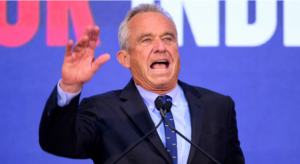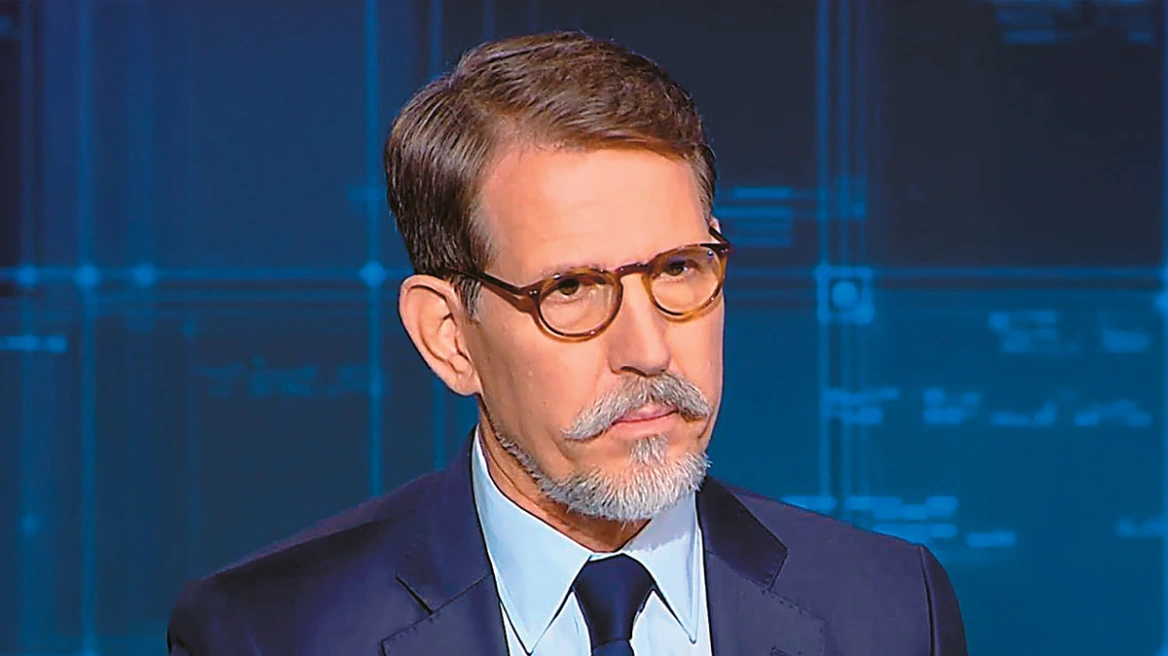In 2010, Robert F. Kennedy Jr. faced concerning memory loss and mental fog, sparking worries of a brain tumor. Seeking medical opinions, he consulted leading neurologists, revealing a dark spot on brain scans that was initially diagnosed as a tumor. However, an alternative diagnosis emerged from a doctor at New York-Presbyterian Hospital, suggesting a deceased parasite in his brain, challenging the initial prognosis. Kennedy, now an independent presidential candidate, emphasizes his vitality despite undisclosed health challenges, including atrial fibrillation and mercury poisoning.
Kennedy’s health revelations surfaced during divorce proceedings from his second wife, where he cited cognitive struggles affecting his earning capacity. Subsequent interviews detailed the parasite incident, prompting speculation from experts on the nature of the infection. While some symptoms align with mercury poisoning, others, like severe memory loss, hint at distinct health issues. Changes in diet and chelation therapy were part of Kennedy’s response to these health concerns.
Alongside his disclosed health challenges, Kennedy revealed a history of heart issues dating back to college, attributed to stress and lifestyle factors. Additionally, he disclosed past contraction of hepatitis C through intravenous drug use, asserting successful treatment without lingering effects. His vocal disorder, spasmodic dysphonia, has impacted his public speaking engagements, prompting him to undergo procedures to alleviate the condition.
USA: Boy Scout Movement now trans-friendly “authentic self” group
Despite these health hurdles, Kennedy maintains an active public presence, showcasing his vitality through skiing and weightlifting. His candidacy for the presidency underscores his determination to overcome health obstacles and his belief in his fitness for leadership. However, the extent to which his health history may influence his candidacy remains a subject of scrutiny and speculation.
Ask me anything
Explore related questions





